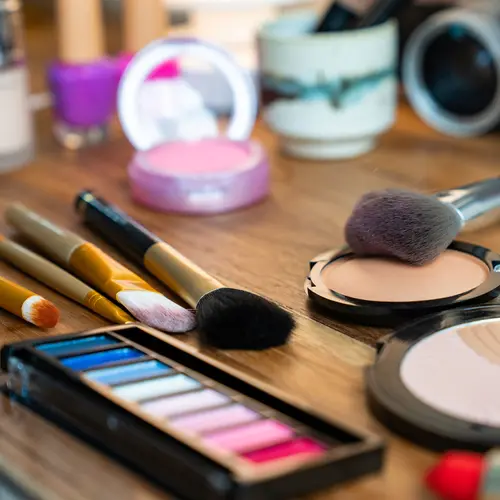Skin hydration is essential for normal functioning, just like it is vital to drink water and hydrate your body. Your skin needs to be hydrated to feel and look its best — regardless if your skin type is dry, oily, or a combination. You might think that skin hydration and moisturization refer to the same thing, but they are actually different.
Hydrators use humectants to bring water to the skin. These are elements that bind moisture from the environment to your skin. Moisturizers are more about keeping your skin oily to prevent it from drying up. When your skin is dehydrated, it needs a hydrator. When it's dry and flaky, it needs a moisturizer.
Hydrator Vs. Moisturizers: How are they Different?
Scientifically, moisturizers refer to a variety of products that keep your skin from drying up:
- Squalene, a liquid found in many animals and plants, including human sebum.
- Emollients, moisturizing agents that repair cracks in your skin barrier to make it smoother and softer.
- Occlusive, oils that are often mixed with water and emulsifiers and help reduce water loss by making a layer on the skin.
They contain oil-based ingredients like mineral oils, petrolatum, and plant oils. Their function is to create a seal on the skin's surface to prevent water from escaping. They also soften the skin and make it less dry. Your skin contains a natural oil barrier. As you age, the lipid barrier starts to break down, making the skin lose its moisture.
A hydrator works by bringing water to the skin through humectants. Once moisture has been bound to the skin, it becomes easier for the skin to absorb it. An excellent example of a hydrator is hyaluronic acid, which works well on all skin types.
Moisturizers and hydrators work differently, and knowing this helps you choose the right product for your skin.
How to Tell if Your Skin Needs a Hydrator of Moisturizer
If you have a skin type that tends to be dry, you're likely to think that what you need is a moisturizer. This could be the case, but it could also be that your skin is dehydrated — and you would need a hydrator instead.
Dry and flaky skin: If you want to know if your skin is dehydrated, check its condition. Your skin has a naturally occurring protein barrier that protects it from water loss and damage. If your skin tends to flake and dries out quickly, it's a sign that it doesn't have enough lipid cells to form a protective barrier.
This makes it unable to lock moisture, making it necessary to apply a moisturizer. The work of a moisturizer is to reduce the amount of water that evaporates from your skin, hence reducing trans-epidermal water loss. Trans-epidermal water loss (TEWL) is when water evaporates from your skin.
Lackluster complexion: if your skin is dull and fine lines and wrinkles are more noticeable, you’re dealing with a case of dehydration. Dehydration causes the skin cells to become parched as they struggle to battle water starvation. The cells become shriveled and make the skin lose its volume. In this case, what you need is a hydrator to restore the skin’s hydration.
How to Choose the Right Hydrator or Moisturizer
You’ll find tons of different products on the market when buying skin products — so it may seem overwhelming when trying to choose the right hydrator or moisturizer.
Most skin products contain a combination of emollient and humectant ingredients. This means that they hydrate and moisturize your skin at the same time. Whether it's a cream, balm, gel, or oil, the form of the products doesn't affect their performance. The ingredients are the most crucial factor that affects the results you get.
Dry skin. If your skin tends to flake or peel, it could mean it has a hard time keeping moisture — which is a reason for the dryness. A thick moisturizer is what you need to create a protective seal on the skin’s surface. This will lock in moisture and prevent water from escaping through your skin. If you choose a product with the correct formulation, it will also nourish your skin so it can thrive.
For extremely dry skin, petroleum jelly or petrolatum is the best solution. If you want to avoid petroleum jelly, soybean oil or canola oil are suitable alternatives.
Dehydrated skin. If your skin has a low moisture content, you need to hydrate it actively. Choose a hydrating serum with hyaluronic acid. It works effectively in keeping in water. Suitable ingredients to try include Aloe vera, hyaluronic acid, and honey.
Oily skin. Oily skin also gets dehydrated and requires hydration. Dehydrated oily skin can create severe skin problems. When your skin is oily, it creates a more vulnerable barrier function, making it hard for the skin to retain moisture. As moisture leaves the skin, it also makes it dehydrated, causing it to produce more oil.
The cycle becomes vicious, and the only way to break it is to correctly hydrate the skin and moisturize it well. Water-based hydrators and moisturizers that don't create clogged pores will help you in this case.


